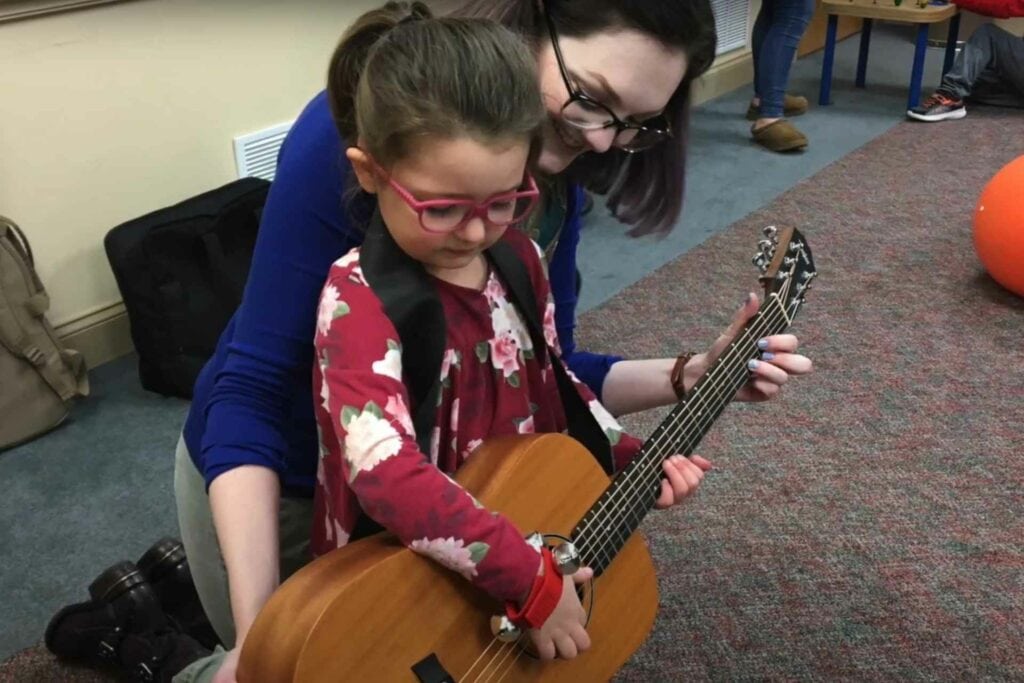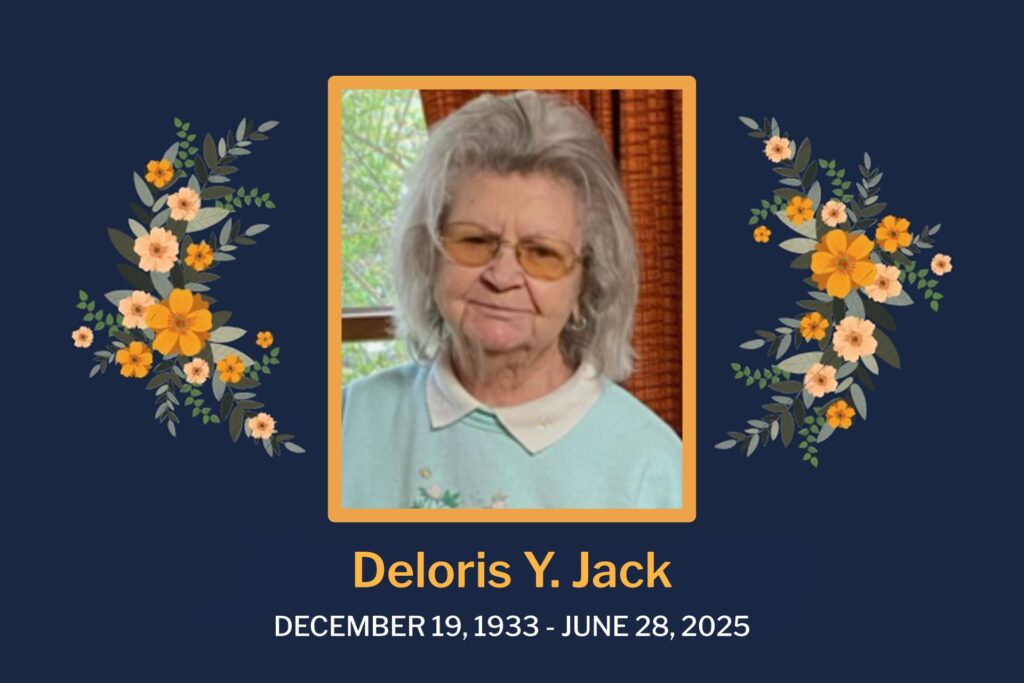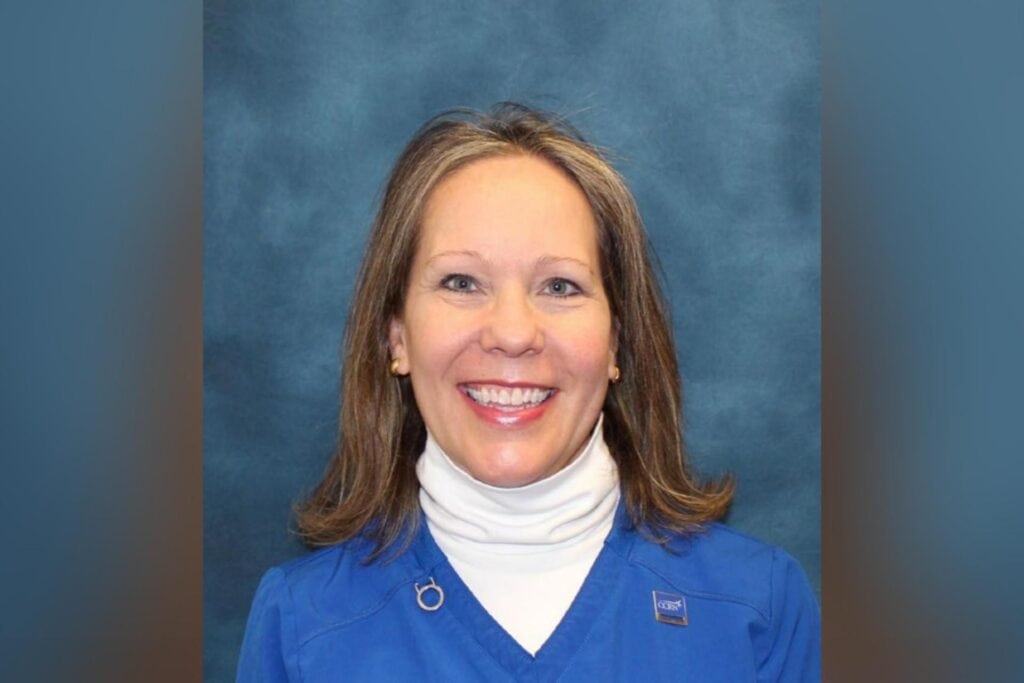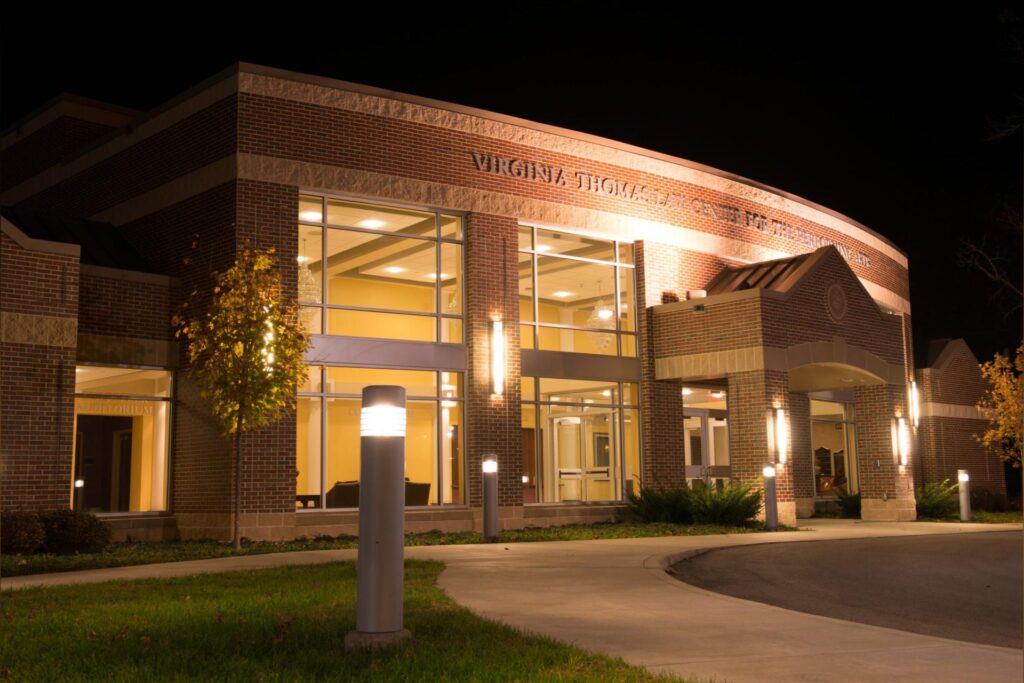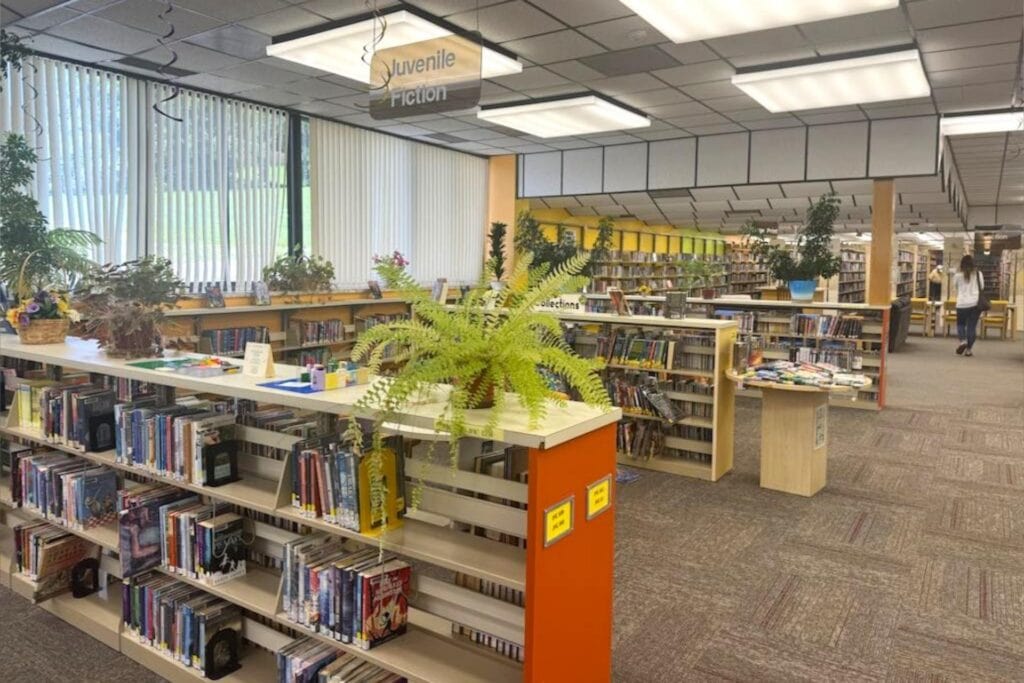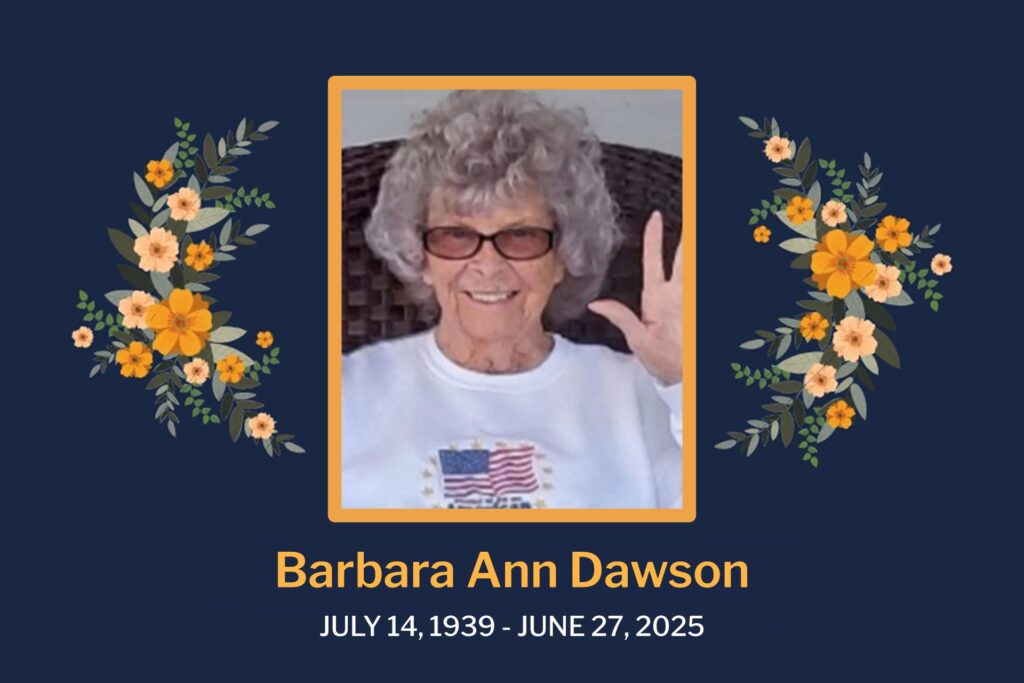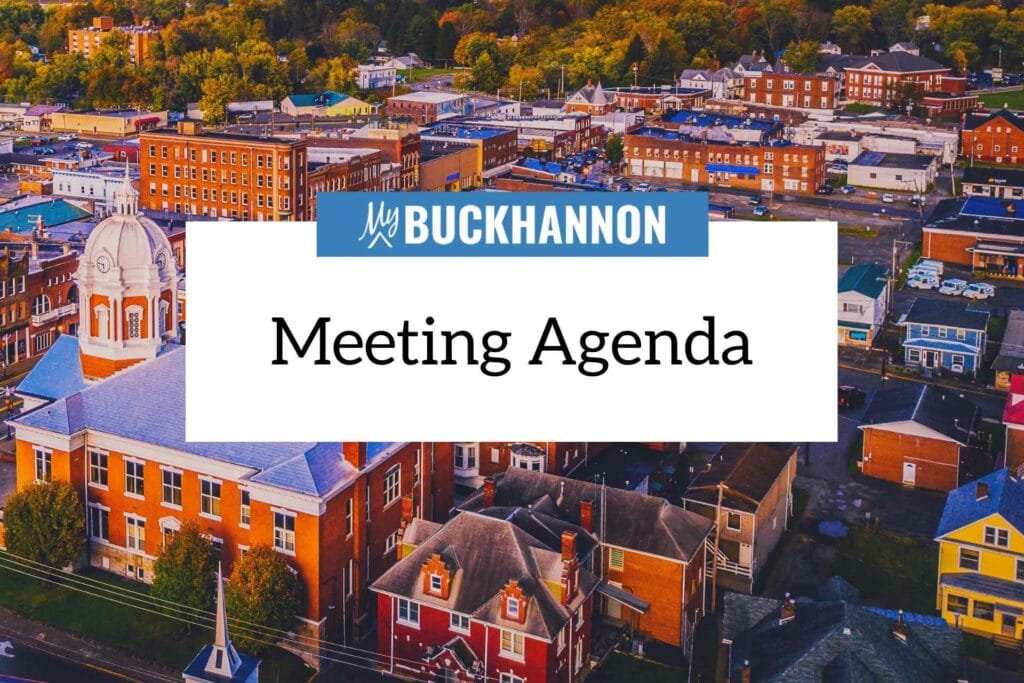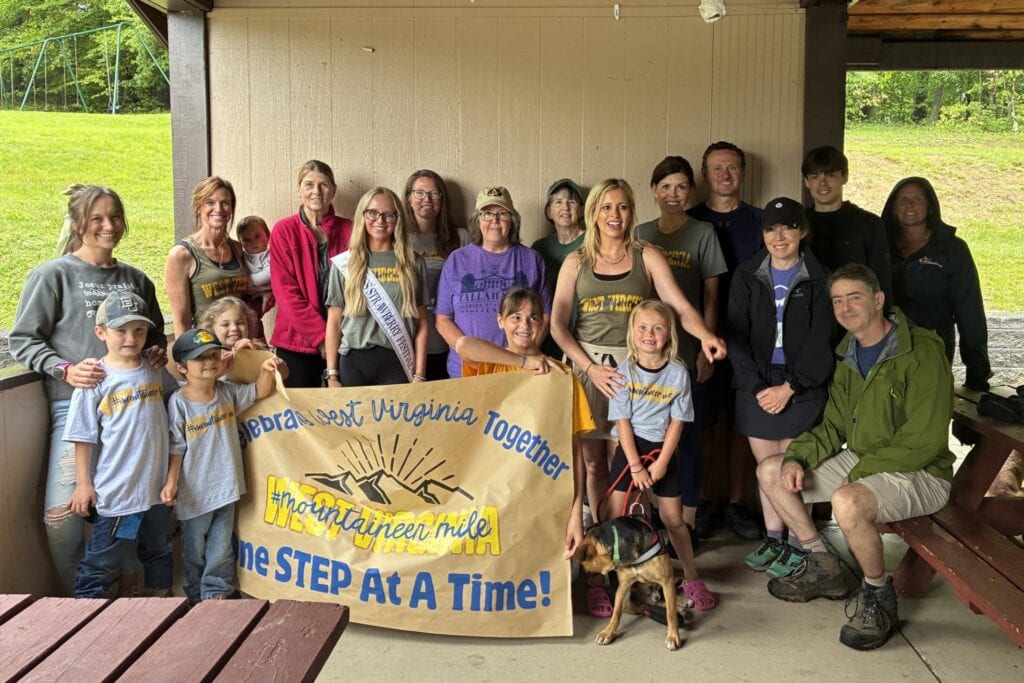Editor’s note: My Buckhannon’s newest columnist Tyler Hall recently traveled to Morgantown to learn about the benefits of music therapy. He found out this groundbreaking field cuts through the typical performer-audience dynamic in a fascinating way. Learn more at http://cedwvu.org/.
MORGANTOWN – When the average person thinks of music, often the idea of a performer entertaining an audience is the image evoked. The common dynamic goes like this: The crowd pours forth their adoration as the performers attempt to put on the most entertaining show possible.
Inherently, this is a transactional relationship that is inclusive by nature. The crowd and the performers are separated, with the performers placed upon both a literal and metaphorical stage above the onlookers. This is probably the most typical experience with live music; however, I had the distinct pleasure of gaining an inside look into a practice that bridges music and medicine, leaving the pride of performing and influence of sales behind.
Music Therapy was founded in the U.S. and has slowly gained traction through the medical community as time has passed. The practice is an emerging form of medicine and science that is growing as the ability to quantify data in relation to music also grows. Still, the practice is underfunded, and many people do not even realize that music therapy exists.
Moreover, that there is an institution in Morgantown, West Virginia, known as WVU’s Center for Excellence in Disabilities, that is practicing music therapy with wonderful results. I want to bring to light the wonderful opportunities that are provided at the CED, especially regarding music therapy.
Grace Lauzon grew up in Kentucky with two parents who were both members of the medical sector. Her love for music started at an early age and continued to serve as a guiding force in her career choice. Grace is one of only a handful of Board-certified and practicing musical therapists within West Virginia’s border. And though the numbers may be small, the impact has been huge.
Speaking with Grace, I began to better understand the unique role a musical therapist plays. No longer can the pride of performance take center stage over the caregiver abilities a therapist must employ. This altruistic use of music to better the lives of others drove me to fervently question the details of Grace’s work and the work of CED in general.
Through the interview I realized a profound ideology that seemed ingrained in every action the CED performs – that every human being should be treated with the dignity that comes with being human and an understanding that people with disabilities are like everybody else.
“In fact, in regard to mental health, people with disabilities are more likely to experience anxiety or depression,” Grace said, as she explained the music therapy program and why people are driven to her door.
“Some of the top reasons why parents or caregivers are interested in bringing people here is, it is just so much fun,” she explained. “It gives the client something enjoyable to do and supports quality of life as well as emotional expression. It allows the client to be a part of an environment where they can be successful and create. Because everybody deserves the same experience.”
The sessions Grace described varied greatly from case to case, showcasing the amazing adaptability of the employees of the CED. Each session must be carefully crafted to support the individual who has a disability.

“Sometimes the primary condition isn’t always the main reason someone comes to music therapy,” Grace said.
Instead, she described times when music therapy is used to treat the secondary conditions caused by a disability.
“And disability is not a bad word,” Grace added. “It can just refer to [the concept of], ‘I can’t do this the same way other people do because of whatever variable.’”
This open-mindedness really struck a chord with me, as I questioned how music therapy could help with such conditions.
Impairments related to movement and speech; trauma; and learning deficiencies were just a few of the various disabilities Grace mentioned that she personally had treated, and truly, her list was comprehensive. She cited the expressionism offered through music as well as talking about some of the science.
“When we hear music that we really like, a lot of things happen neurochemically,” Grace added. “We get our serotonin. We get our dopamine. Maybe our cortisol (the body’s primary stress hormone) goes down.”
As she continued, I quickly began to realize the level of care and true support Grace and all the employees of the CED offer. Clients who attend sessions are encouraged to express themselves in the ways they know best, and parents and caretakers are often encouraged by the level of professionalism displayed by the therapists.
Lastly, I would just like to encourage those in need to take advantage of the opportunity afforded to West Virginia through the work at the CED. Grace has shown a side of music that I had never had the pleasure of experiencing. Here exists a sector of music-related work where the performer must abandon the normal dynamic of performance for adoration in favor of music as a means of treatment. I felt good as I left Morgantown to drive back home, knowing that there happens to be a selfless form of music that is gaining traction in the medical field and showing true signs of promise.
To learn more about the CED, visit their website here.
Tyler Hall is a Buckhannon local whose enthusiastic interests include, but are not limited to music, gaming, public service and literature.

